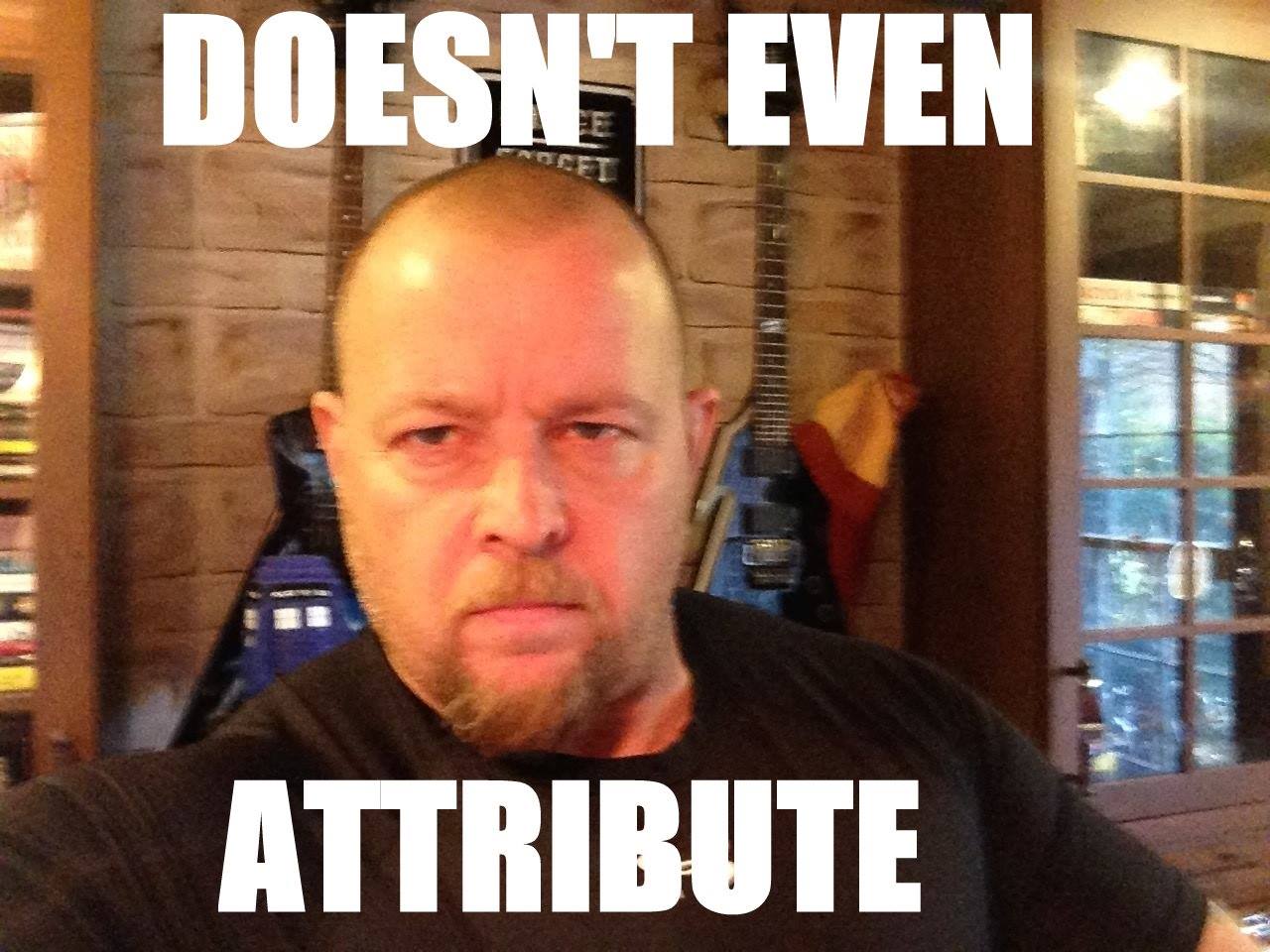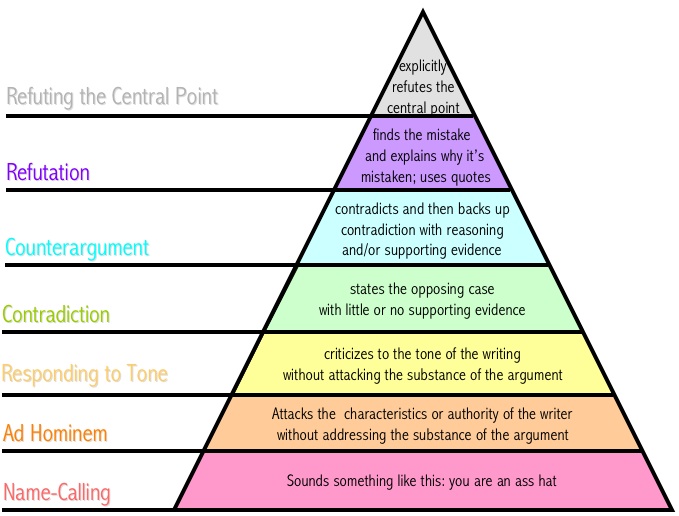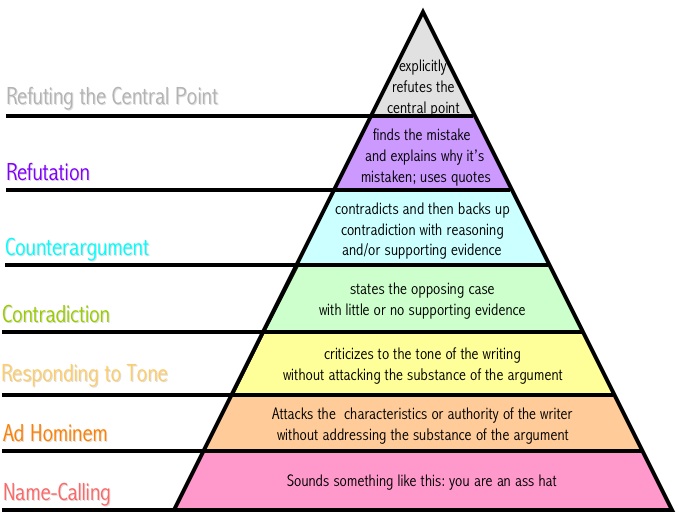I once wrote that writers like me need our critics to keep honest. This post is a tribute to my biggest critic: fellow infosec professional Dave Marcus.
Mood music:
A few things about Dave:
- Despite everything that follows, we’re good friends with similar musical tastes.
- He owns some of the coolest guitars on the market, but he doesn’t play. The guitars hang on a wall like Han Solo frozen in carbonite.
- He’s an avid weight lifter.
- His critiques have forced me to do more gut checks than anyone else’s.
- As critical as he is, he does agree with some of what I write.
Here are two of his most colorful critiques.
Critique 1: “This post is escapism and blame.”
When I wrote a post suggesting that all parents have their flaws, Dave went nuttier than Charles Manson on a hot summer night.
Not all of us were raised by lousy parents. Not all of us ARE lousy parents. No matter how one was raised at a certain point your life becomes your own responsibility. Not your parents’. Not your genes’. Not your phobias’. This post, to me, is escapism and blame. I choose to fix the problem and not the blame.
Critique 2: “Are you trying to superimpose your issues on the rest of us?”
After I wrote that there’s a burnout problem in the infosec industry, fueling cases of depression, Dave was particularly incensed. He wasn’t the only one to disagree, but he expressed himself eloquently in a private Facebook exchange he later gave me permission to share.
The scene: I’m working when a Facebook chat box alarm sounds.
Dave: Your last few OCD articles seem to really try to pigeonhole the whole community as obsessed and mentally ill. Are you trying to superimpose your issues on the rest of us? Your last article really annoys me. Do you feel that depression runs deep in the community? My issue is that you and the greater InfoSec Burnout movement sounds more and more like its an InfoSec problem or job/workplace-centric problem rather than a mental health problem that the individual brings with them originally. Granted, you may be getting lost in their greater noise. You are more balanced usually.
Me, trying to be diplomatic: I agree with your last statement and have written a gazillion posts making the point that it starts with the individual. But because we are trying to address burnout in our industry as one of many byproducts/triggers, some see it as us painting everyone with the same brush. There are aspects of this we are simply never going to agree on. It is also my observation — and I do not mean this as an insult — that if you are personally not affected by something, you don’t see is as legitimate. My experience is that there is no one-size-fits-all path.
Dave: Without research and study all you are left with is opinion.
So you see, Dave is one tough critic. He makes powerful points, and sometimes he goes off his rocker. But I love the guy.



